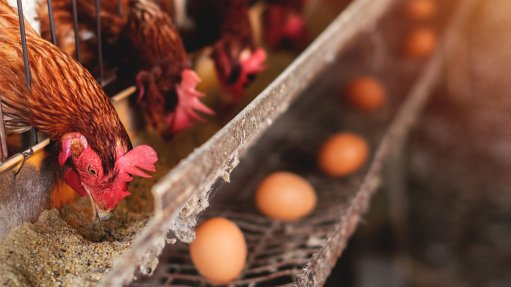
Trade, Industry and Competition Deputy Minister Zuko Godlimpi and Agriculture Deputy Minister Nokuzola Capa have attributed the 52 930 jobs retained by the poultry industry in recent years to the Poultry Master Plan’s Phase 1 execution.
Updating stakeholders on the progress with the Master Plan, Department of Trade, Industry and Competition agroprocessing and forestry-based industries chief director Ncumisa Mcata-Mhlauli highlights that the first phase of the plan has helped to garner R2.02-billion of investment by major companies in the sector since the plan’s inception in 2019, against South African Poultry Association’s target of R1.5-billion.
These investments include R1.2-billion through the Industrial Development Corporation and the Department of Agriculture’s industrial fund, which supported 14 poultry projects.
The Land Bank also approved two projects valued at R31-million, while the Comprehensive Agricultural Support Programme has backed 42 initiatives aimed at empowering small-scale farmers.
During a meeting where government officials presented the progress on the Master Plan on February 21, stakeholders reaffirmed the need for ongoing trade protection to counteract unfair competition posed by poultry imports, to ensure the sustainability of local producers.
Discussions during the meeting also focused on expanding exports, improving affordability and strengthening biosecurity measures to mitigate against disease outbreaks.
As Phase 2 of the Master Plan progresses, Mcata-Mhlauli confirms that black-owned enterprises will continue to be supported, with a further R635-million of investment already committed toward increasing local production.
The plan was developed together with government departments, development finance institutions, farmers’ associations, feed manufacturers, labour and private sector partners to grow output and jobs in the industry.
The plan mentions some of the urgent challenges facing the sector as being cost of feed, scale of production, inability to export and transformation imperatives.
The sector comprises 973 farms, of which about 680 are large commercial-scale farms. ![]()